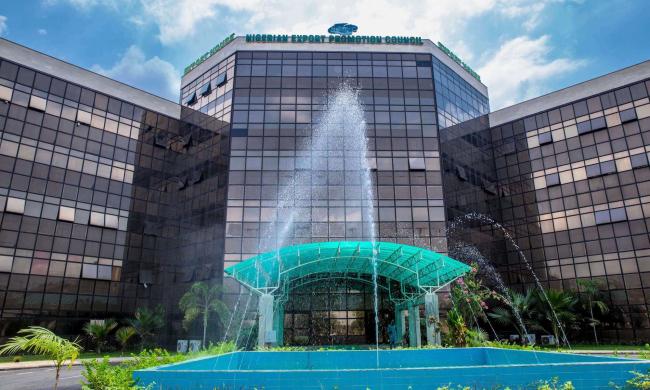
The Nigerian Export Promotion Council (NEPC) has expressed concern over the country’s annual expenditure of $480 million on importing three tonnes of rice. The council described this trend as “unacceptable” and emphasized the need for immediate action to address it.
This disclosure was made by the NEPC Executive Director/Chief Executive Officer, Nonye Ayeni, during a one-day technical support workshop organized for rice farmers and processors in Lokoja, Kogi State. Ayeni, represented by Mr. Aliu Sadiq, Deputy Director of Policy and Strategy, explained that the council has put strategies in place to reduce rice importation by boosting local production.
“The attention being paid to rice production by NEPC is not misplaced, as rice has become one of the major staple foods consumed across all six geographical zones and socio-economic classes in the country,” she noted.
Ayeni further explained that Kogi State was selected for the workshop due to its status as the second-largest rice producer in Nigeria, with an annual output of 1.5 million metric tonnes. She encouraged farmers to embrace the skills and techniques introduced during the workshop to improve their yield and productivity.
“Under the Renewed Hope Agenda, the Nigerian government has shown commitment to achieving food sufficiency by tackling critical challenges faced by farmers, such as security, infrastructure, access to forex, and inputs for increased production,” she added.
In his remarks, NEPC Kogi State Coordinator, Usenide Aniekpeno, highlighted the critical role of rice in the country’s food security plan. “Rice is not just a dietary staple; it’s a cornerstone of our national food security strategy and a significant source of income for millions of Nigerians. Its economic potential to transform lives is enormous,” he stated.
Victor Omifaiye, Director-General of the Kogi Commodity Exchange, outlined plans by the state government to assist farmers in securing agricultural loans through NEXIM and the Bank of Agriculture. He emphasized that these financial interventions would significantly enhance local rice production and reduce import dependency.
Meanwhile, Femi Ajisafe, another speaker at the event, stressed the need for government intervention in stabilizing the prices of farm products. “Allowing buyers to dictate prices will discourage Nigerian youths from engaging in agriculture. There is an urgent need for fair pricing mechanisms to keep farming attractive,” he argued.
Stay updated with this and other stories by joining our WhatsApp channel: Chronicles Reporters.